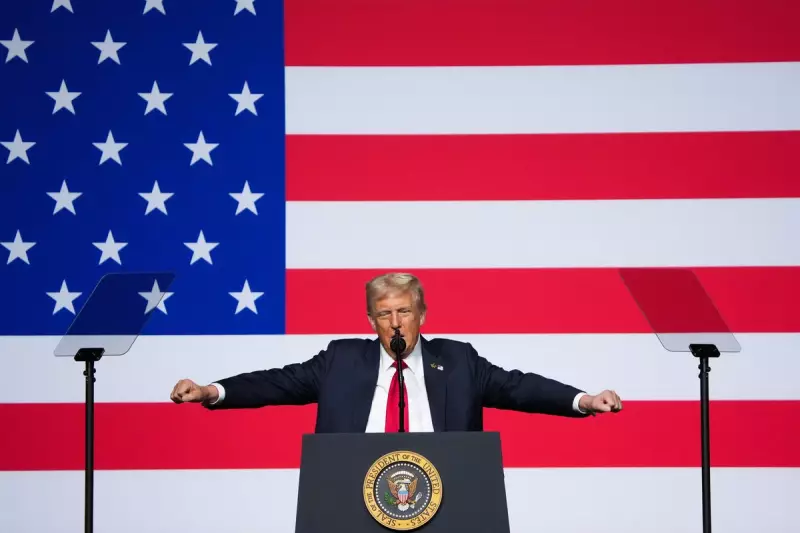
In a startling revelation that has sent shockwaves through Washington, Democratic Representative Madeleine Dean has exposed what she describes as a deeply concerning private pledge made by House Speaker Mike Johnson to former President Donald Trump.
The Explosive Allegation
According to Dean's account during an interview with MSNBC, Speaker Johnson privately assured Trump that he would actively work to prevent military leaders from publicly endorsing President Joe Biden. This revelation raises significant questions about the separation between political leadership and military neutrality.
"He told the former president that he was going to do everything he could to stop the generals from coming out for Biden," Dean stated, highlighting what she characterized as an inappropriate political intervention in military affairs.
Constitutional Concerns Raised
The alleged promise has sparked immediate concern among constitutional experts and political observers. The traditional separation between military leadership and partisan politics represents a cornerstone of American democratic principles, and any attempt to influence military endorsements could represent a dangerous precedent.
Dean didn't mince words in her assessment, describing the situation as "deeply, deeply concerning" and suggesting that Johnson's alleged actions demonstrate where his true loyalties lie in the ongoing political landscape.
Broader Political Implications
This revelation comes at a particularly sensitive time in American politics, with:
- Ongoing debates about military leadership and political independence
- Increasing concerns about the politicization of traditionally non-partisan institutions
- Growing tensions between the executive and legislative branches
- Continued fallout from the Trump presidency and its impact on Republican leadership
Washington Reacts
The political fallout from Dean's allegations is already beginning to materialize, with Democratic lawmakers calling for greater transparency about communications between Republican leadership and the former president. Meanwhile, conservative voices have largely remained silent on the specific allegations while continuing to support Johnson's leadership position.
As this story develops, it raises fundamental questions about the boundaries of political influence over military leadership and the preservation of democratic norms in an increasingly polarized political environment.






